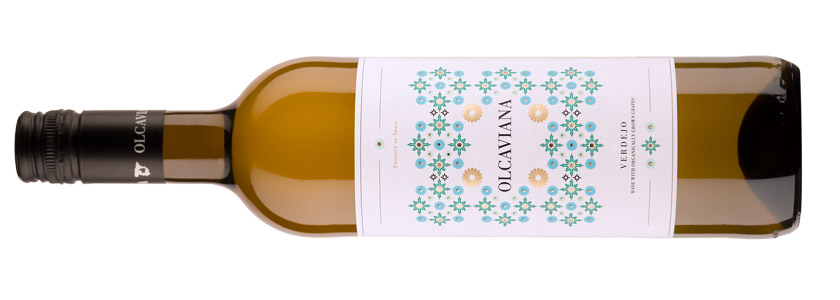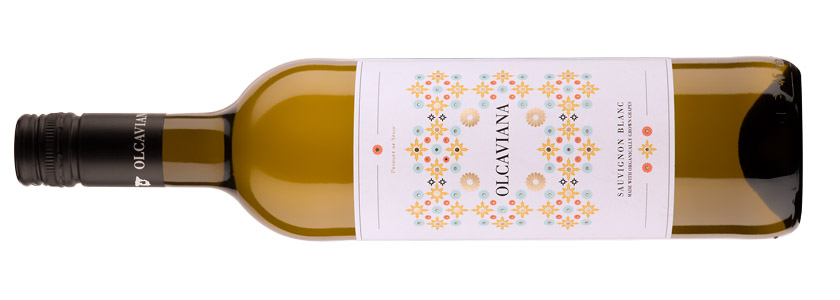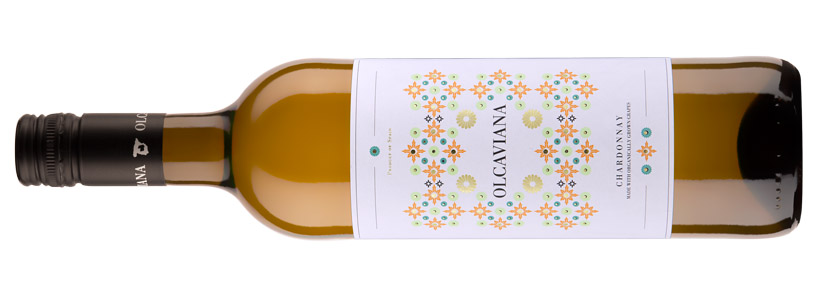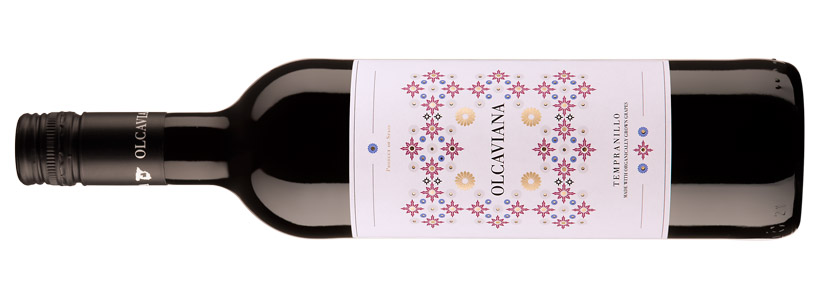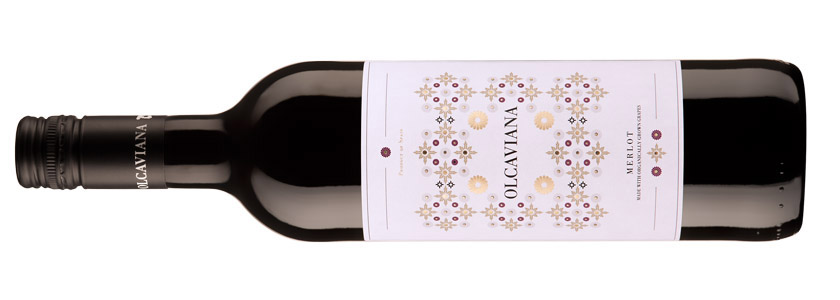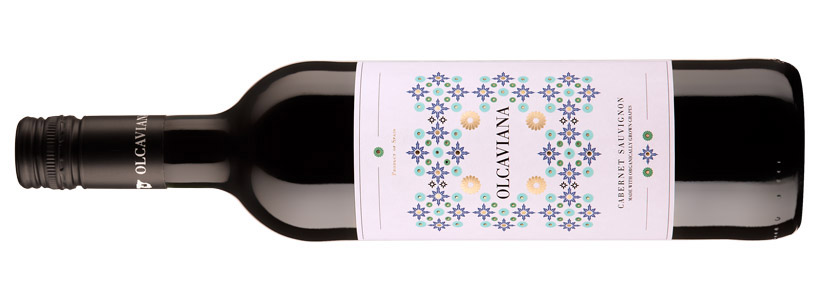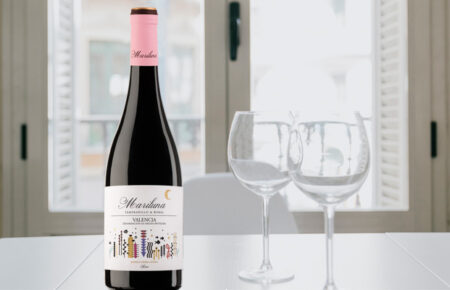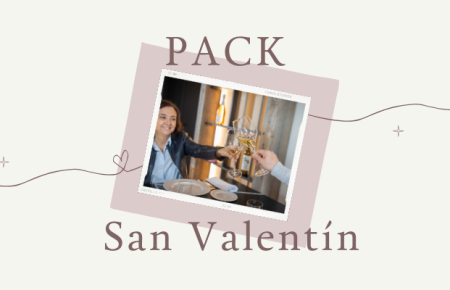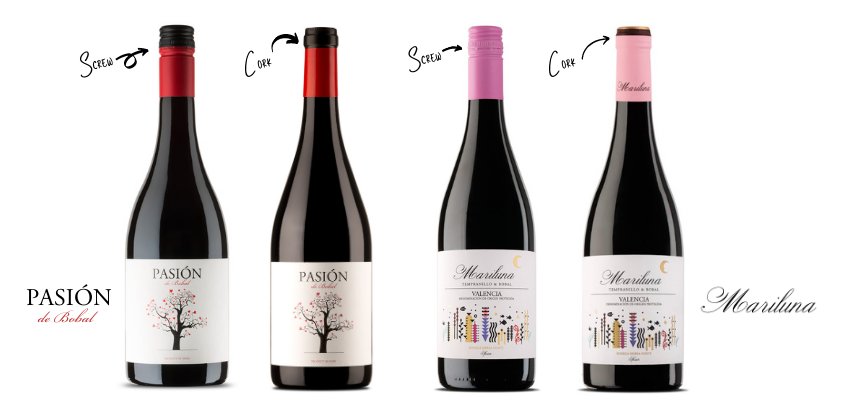
A few months ago we launched our online wine shop (deliveries only in Spain), and it has been really interesting to see which wines are the best sellers. If we had done a poll on which Olcaviana would be the best-selling wines, we would have surely lost. Not because they are not superb wines, super aromatic and excellent value for money. No, it’s not because of this, it’s because they are screw-capped wines. And this, in Spain, is a trademark. Why is that? Basically because it is usually associated that wines with screwcaps are wines of poorer quality.
But we really think that something is changing, because many of you are choosing Olcaviana in your online purchases, which also have an excellent quality-price ratio. And we are very happy about this, because it shows that we are eliminating prejudices, and that is always a good thing.
This debate has been largely overcome in a large part of the world, in fact, in the most consuming countries, such as Northern Europe, the United States or Canada, the consumption of wine with screw cap wins by a landslide. And would they choose it if the quality of the wine was worse? Obviously not, as they are demanding markets.
We ourselves bottle Pasión de Bobal or Mariluna with cork for the Spanish market and with screw cap for export. And we assure you that if you try both, you won’t notice the difference.
Let’s go a little further, let’s broaden our gaze and analyse what other wine producing countries do, specifically those that make ‘new world’ wines. This is the name given to wine producing areas outside Europe, such as Australia, New Zealand, Chile or Argentina, which are great wine producers, but without such a deep-rooted tradition as we can have in Spain, France or Italy, to name the three European super producers. And what is their choice regarding the cork stoppers they choose to seal their wines? Most of them opt for the screw cap in a high percentage: New Zealand (95%), Australia (80%), South Africa (65%), Chile (63%). In our country the percentage is 5%.
Are they more practical and we more romantic? Maybe! But what is clear is that both types of closure add value to the wine and its consumption, and here we give you a few pointers.
Advantages and disadvantages of cork and screwcaps in wine
-
- The screw cap is the one that provides the tightest seal, which avoids undesired oxidation or the presence of TCA, a chemical process that can occur in the corks of the bottles and which results in the generation of chloroanisoles. The consequence of TCA is that when the wine is opened, it will have an unpleasant cork taste and smell. It is estimated that this can happen in up to 3% of all corked bottles in the world.
-
- The cork stopper, as long as it is natural and of high quality, helps the evolution of aged wines thanks to micro-oxygenation. These are wines with more complex elaborations, which have been aged in barrels, and which will continue to evolve in the bottle. If these wines are stored correctly, taking into account their light and humidity needs, they can endure, and therefore evolve, for several years, decades in some cases. And the cork will play a fundamental role.
-
- The screw cap opens more easily than the cork and this is an advantage for those who are not very good with corkscrews, and also for those who have to be agile when serving wine, for example, in bars and restaurants where wine is served by the glass, an increasingly widespread option.
In short, cork is fine and it is normal that for many wine lovers it is still their favourite option. But this does not mean that we should look down our noses at screw-top wines. We have to understand that they fulfil their function, that they add value and that they have many practical advantages.
Would you like to try them and give us your opinion? Here are 6 magnificent proposals for wines with screwcaps.
Olcaviana Verdejo: intense on the nose, with hints of tropical fruit wrapped in herbaceous aromas typical of the Verdejo grape.
Olcaviana Sauvignon Blanc: a wine with a remarkable persistence that is reinforced by the floral nuances and its adequate acidity.
Olcaviana Chardonnay: tasty, fruity and with excellent acidity.
Olcaviana Tempranillo: intense, aromatic and fresh. A sincere Tempranillo, without artifice.
Olcaviana Merlot: raspberry and blueberry aromas. Smooth on the palate, sweet and balanced acidity.
Olcaviana Cabernet Sauvignon: A wine with personality and at the same time restrained, due to its balance. A real find, especially if you are a fan of Cabernet Sauvignon.

